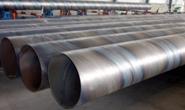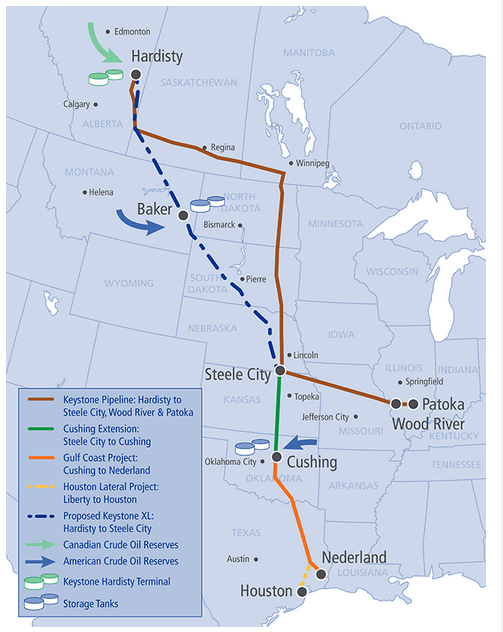Market Data

February 3, 2015
Keystone XL Passes Senate, Headed for House
Written by Sandy Williams
The United States Senate passed the Keystone XL oil pipeline bill by a vote of 62-36 on Thursday, Jan. 29. Nine Democrats joined the Republican-controlled Senate in supporting the bill.
The House is expected to vote on the Senate version of the bill early next week. The Keystone XL legislation includes two energy-efficiency programs that were not in the bill approved by the House in January. If the House chooses it could convene a committee to make changes and have the legislation reapproved by both chambers.

“Constructing Keystone would pump billions into our economy,” Senate Majority Leader Mitch McConnell, R-Ky., said before the vote. “It would support thousands of good American jobs and as the president’s own State Department has indicated, it would do this with minimal environmental impact.”
He added, “The keystone infrastructure project has been studied endlessly, endlessly, from almost every possible angle, and the same general conclusion keeps becoming clear: build it.”
Thursday’s bill authorizes the construction of the 1,179-mile pipeline that has been beset by delays since first proposed in 2008. The pipeline, to be built by TransCanada Corporation, would carry oil from shale fields in Canada to Nebraska and onward by already constructed pipe lines to Gulf Coast refineries.
Obama previously has said he will veto any legislation approving construction of the Keystone XL as it would primarily benefit Canada and not the U.S. A final decision will not be made until the government review process is completed. Federal agency comments are due to Secretary of State John Kerry on Monday.
The American Iron and Steel Institute (AISI) congratulated the Senate for passing the Keystone XL legislation.
“We commend the Senate for passing this bipartisan legislation and urge President Obama to reconsider his veto threat,” said Thomas Gibson, president and CEO of AISI. “Pipelines have been long recognized as one of the safest and best-regulated ways to move crude oil and petroleum products and a critical part of a strong U.S. energy infrastructure. For energy-intensive industries, like steel, reliable and plentiful energy sources are essential to remaining highly productive and internationally competitive. If the President is serious about fostering energy independence and job creation, approving the Keystone XL pipeline is low hanging fruit.”







